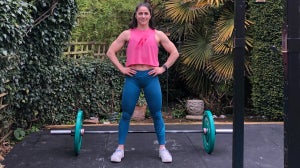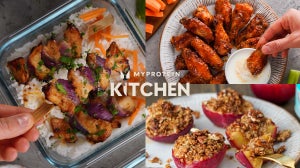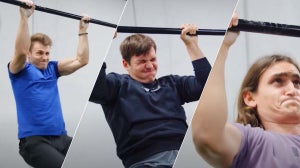
If you want to maximise the time you spend in the gym, getting your pre-workout nutrition right is crucial.
This article explains what to eat before a workout based on a few basic principles of pre workout nutrition. We’ll explain each of the three macronutrients and how they impact your nutrition, especially the way they fuel your body for exercise. Next, we’ll discuss meal timing and its effect on performance, and then suggest pre-workout meals, snack ideas and the best supplements to take before the gym.
Jump to: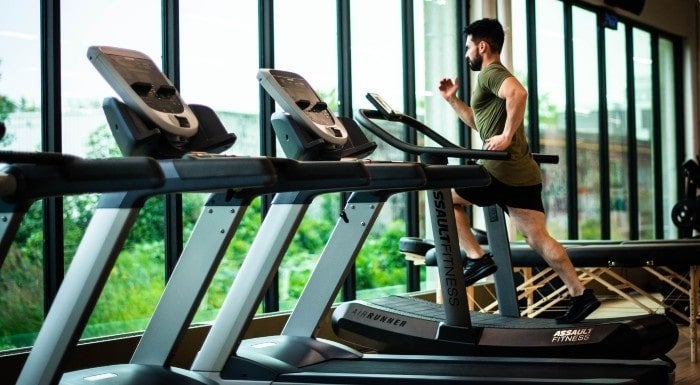
Carbohydrates
Carbohydrates, or carbs, are the body’s primary source of glucose, the fuel it needs to run. Your body converts carbs you eat into energy in the form of glucose, but glucose can also be stored in the muscles as glycogen, which is essential energy for intense or long workouts.
When your body needs glucose immediately, simple carbohydrates can be digested quickly and be available as fuel. Research has long supported the importance of consuming carbs prior to a workout. One recent study showed that athletes who consumed carbs prior to a workout performed more reps and had more energy for a longer lifting session than those who did not.1
Athletes who train for long periods of time (marathon runners, for instance) may use “carb loading”, which is eating a high percentage of carbohydrates, to maximise their glycogen stores and help them sustain energy.2
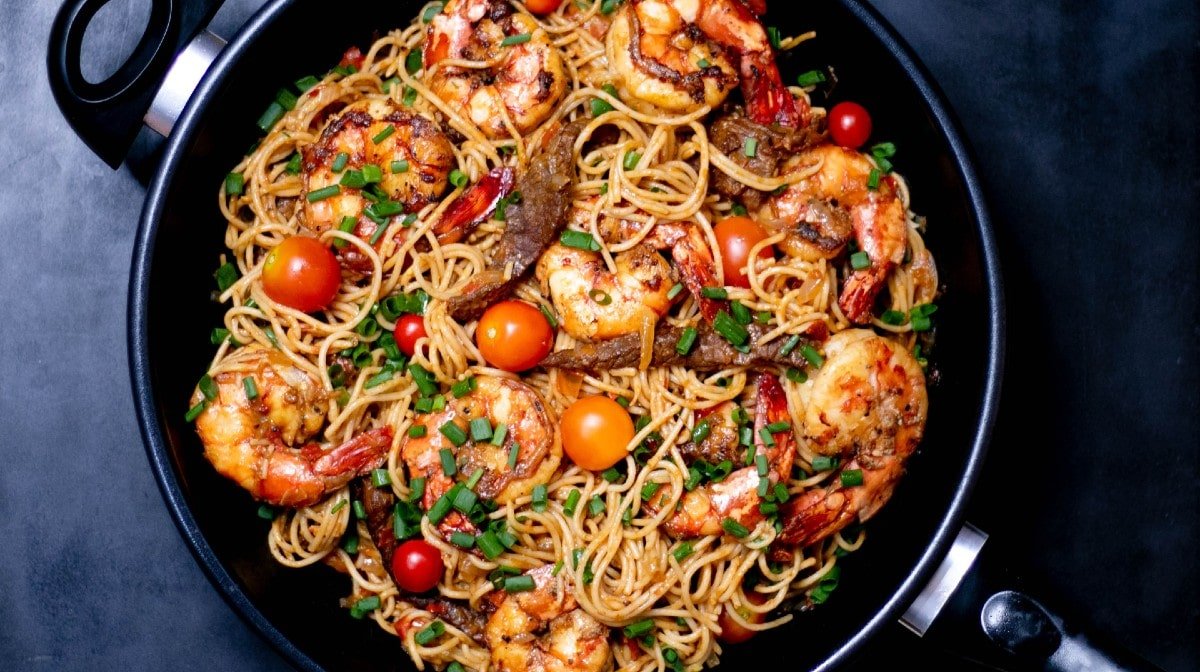
Why Carbs Aren't The Enemy | Different Types Of Carbohydrates & Benefits
It's time to make friends with carbs...
Protein
While many of us know we need protein for recovery, we may not fully realise the benefit of consuming protein prior to exercise. The key to better performance is improving the anabolic response, or muscle protein synthesis in the case of going to the gym. Ingesting protein before exercise means your body is primed and ready with the necessary building blocks to help muscles grow and repair.3
Amino acids (the building blocks of protein available after proteins are digested) are key to improving muscle recovery and overall strength.4 Research has also shown greater muscle protein synthesis when protein intake is broken up into 20-40g servings throughout the day rather than in larger amounts post-workout.5
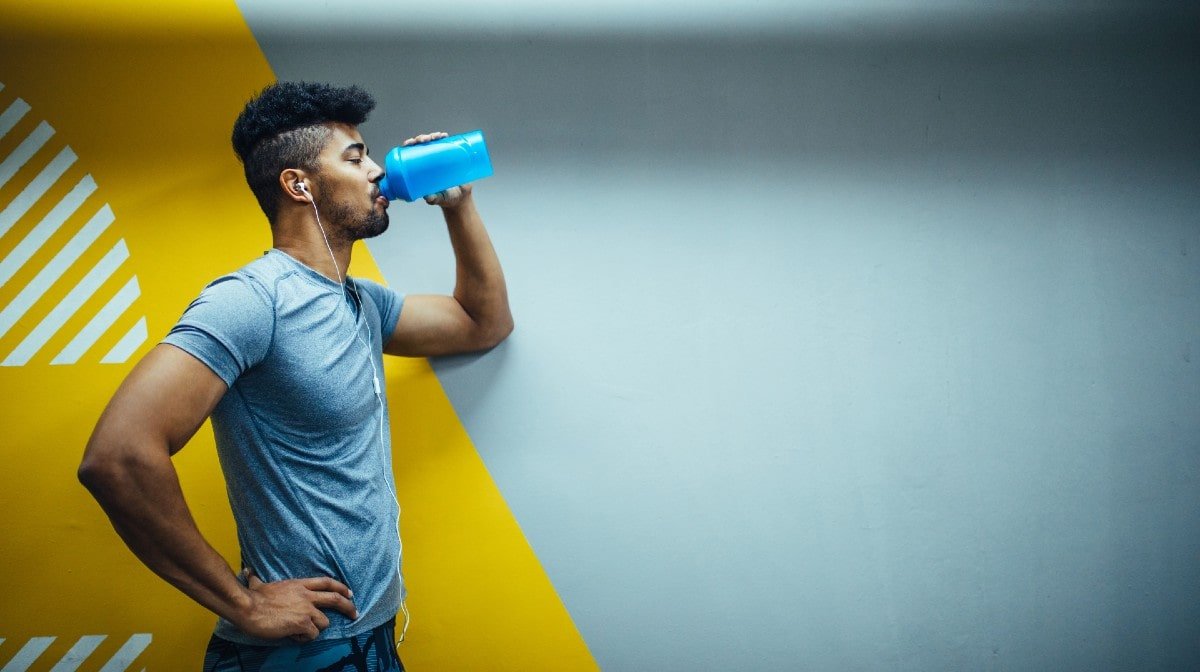
How Many Protein Shakes A Day is Healthy?
An experts advice on what you need, depending on your goals.
Fat
We know that the body prefers glucose for energy and that we typically draw upon our glycogen stores for energy during intense workouts. However, long steady-state exercise that depletes our glycogen stores makes us rely on another source of energy: fat.
Have you ever seen cardio machines that refer to the “fat burning zone”? This is because the body uses stored fat as fuel when glucose is not easily available, which is why long cardio sessions are a good choice when trying to burn fat.6 This typically happens after 30-40 minutes of moderate-intensity aerobic exercise (cardio).7 While not a primary source of energy for short and intense workouts, pre-workout fat can help curb appetite and help carbohydrates digest more slowly, giving you a steady supply of energy for your workout.8
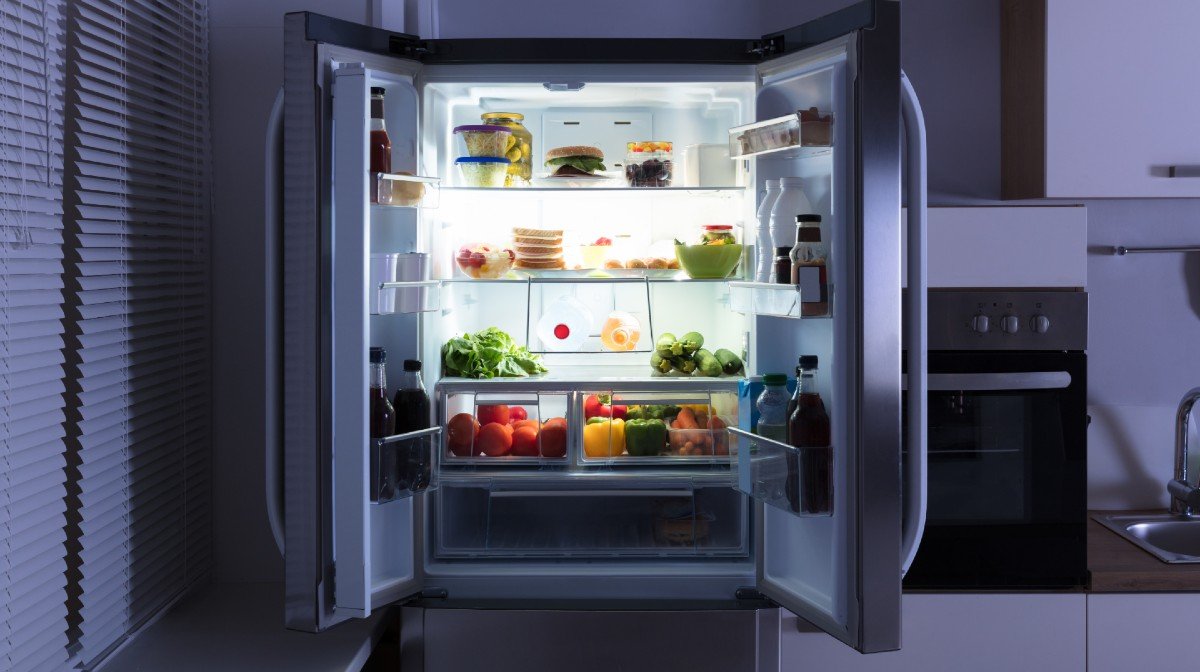
How Much Fat Should You Eat Per Day?
Is it really as bad for you as you think?
When should you eat before a workout?
If you’re thinking about meal timing, consider what time you plan to workout and how long it will be. If you have time to eat a full meal before hitting the gym, aim for 2-3 hours prior to exercise, with a balanced meal of carbs, protein, and fat.
This time-frame gives your body time to digest complex carbs and proteins. If you are planning an intense workout and can’t wait this long, a smaller meal with more easily digestible foods (think simple carbs and a little protein) is a safe option — but make sure you have at least 30-60 minutes before you start to exercise.9
What to eat before a workout
What to eat before an intense workout
Eat a full meal two-three hours before your workout. Based on the time of day you train, this can be breakfast, lunch, or dinner. Make sure you include complex carbs, some healthy fat, and protein. Here are some ideas:
- Breakfast: Two slices of toast, hard-boiled egg, apple, peanut butter
- Lunch: Salad with grilled chicken, sweet potato and avocado
- Dinner: Salmon, brown rice, roasted broccoli
What to eat before a long workout
If you have at least an hour before a workout and are planning an endurance workout, such as a long run, bike, or swim, focus on a large snack consisting primarily of carbohydrates, as well as some protein and fat.
- Peanut butter and jelly sandwich
- Whole wheat pitta bread with hummus
- Yoghurt with berries and granola
What to eat immediately before a workout
If it’s been at least three hours since your last meal and you need a quick boost of energy before you hit the gym, focus primarily on carbohydrates and have a bit of protein or fat. You may need to eat more if you are planning a long or strenuous workout.
- Banana and a few walnuts
- Crackers with cheese
- Granola bar
What supplements to take before a workout
Pre-workout supplements are a popular form of pre-workout nutrition. The following ingredients are often included in pre-workout supplements, or can be taken on their own.
BCAAs
Branched chain amino acids, or BCAAs, are popular pre-workout to quickly provide your muscles with the amino acids to build and repair muscle tissue. Research has shown they can help support muscular endurance.10
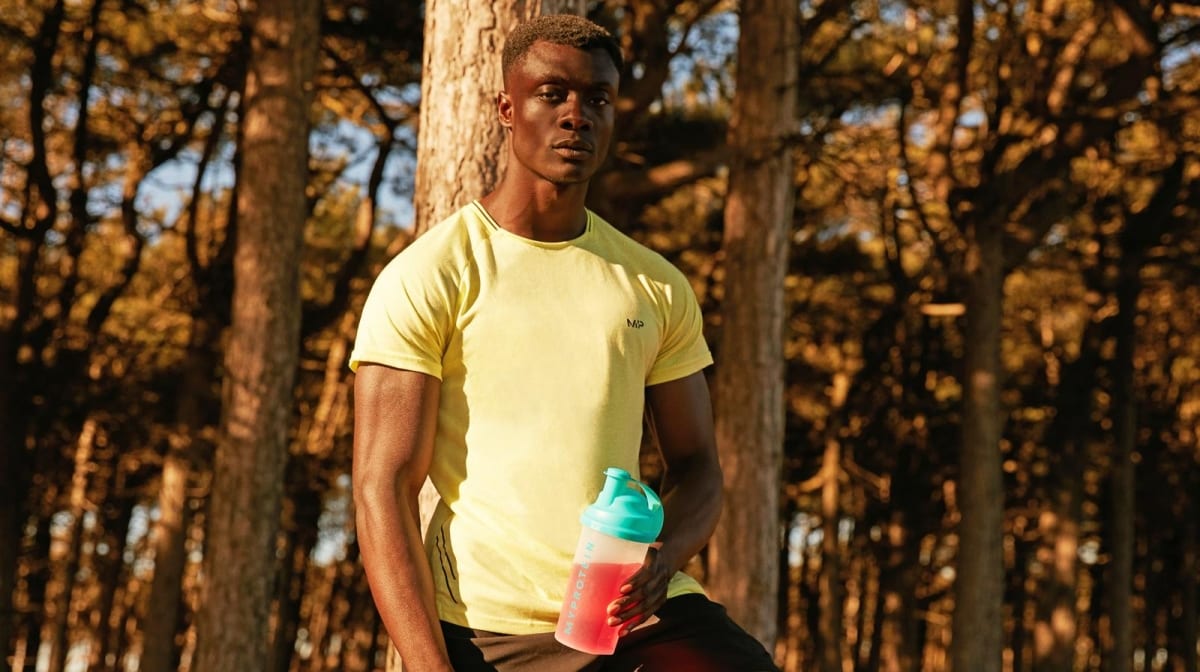
Creatine
Creatine is found naturally in the body’s muscles, but taking creatine as a pre-workout supplement can help to maximise muscle storage for ultimate impact. Creatine can help boost both power and performance in high-intensity exercise.10
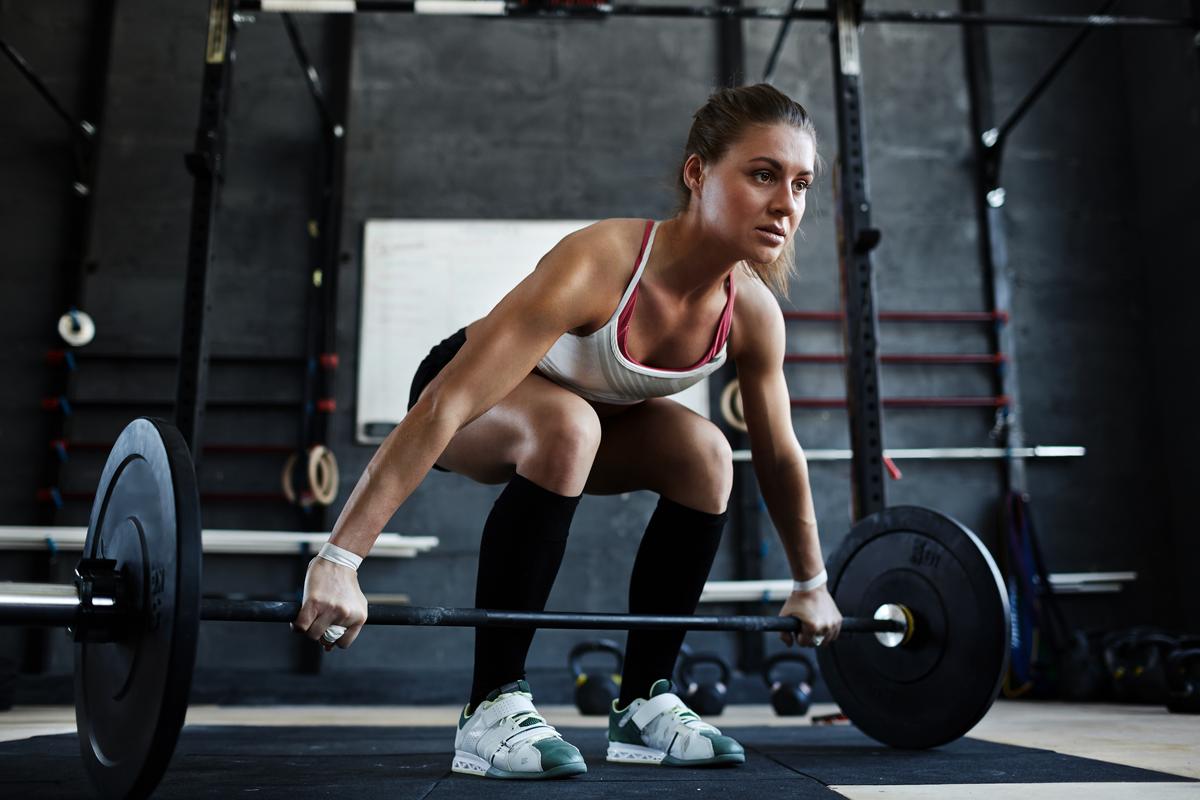
Creatine Loading Or Cycling? And How Much Per Day?
There are more approaches to creatine loading and cycling than you think.
Caffeine
Caffeine is taken for its energy boost, as well as its ability to help improve concentration and performance during power and resistance training.10
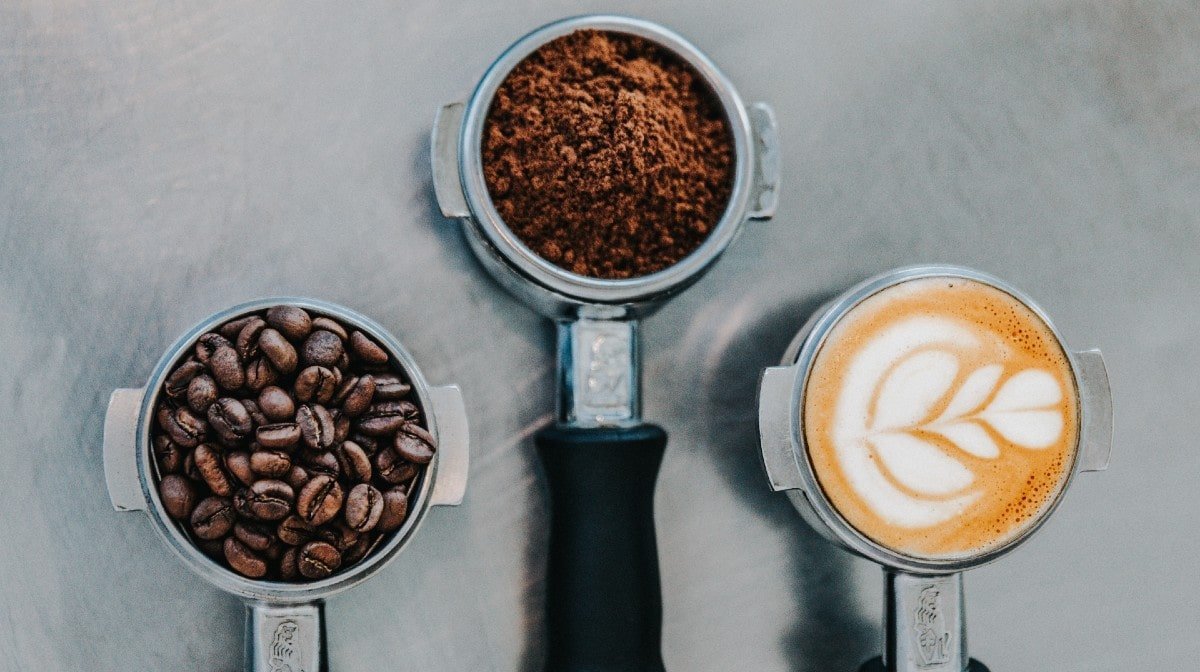
What Are The Benefits Of Caffeine? Give It Up Or Worth The Performance Benefits?
How to figure out if caffeine is worth the side effects for you.
Beta Alanine
Beta Alanine helps creatine carnosine, which is a crucial molecule in muscle building, and it has also been shown to have muscle-building effects by increasing high-intensity exercise performance.10
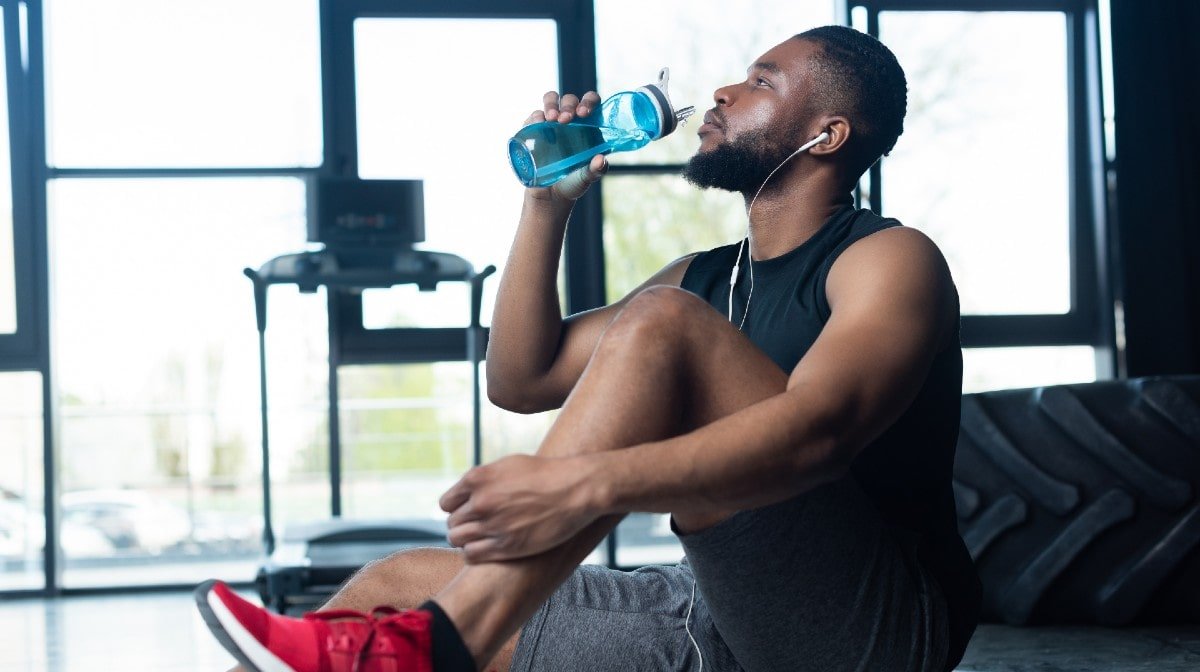
Beta-Alanine | How Does It Improve Performance?
This pre-workout is a game changer.
Take home message
While carbs, protein, and fat are all important fuel for our bodies, the time that you consume nutrients can help to maximise your gym performance. While carbohydrates are the body’s preferred source of energy, protein and fat can also help to give you the energy you need for longer workouts, and pre-workout supplements are an efficient way to get the nutrients you need. Check out our list of top 10 pre workout foods for more ideas.
Our articles should be used for informational and educational purposes only and are not intended to be taken as medical advice. If you're concerned, consult a health professional before taking dietary supplements or introducing any major changes to your diet.
- Palmer, C., Sample, N., Sniffen, K., Reyes, C., & Peterson, J. T. (2018). The Effects of Pre-Workout Meals High in Carbohydrates or Lipids on Muscle Fatigue during Resistance Exercise: A Pilot Study.
- Tarnopolsky, M. A., Atkinson, S. A., Phillips, S. M., & MacDougall, J. D. (1995). Carbohydrate loading and metabolism during exercise in men and women. Journal of applied Physiology, 78(4), 1360-1368.
- Tipton, K. D., Elliott, T. A., Cree, M. G., Aarsland, A. A., Sanford, A. P., & Wolfe, R. R. (2007). Stimulation of net muscle protein synthesis by whey protein ingestion before and after exercise. American Journal of Physiology-Endocrinology and Metabolism.
- Andersen, L. L., Tufekovic, G., Zebis, M. K., Crameri, R. M., Verlaan, G., Kjær, M., … & Aagaard, P. (2005). The effect of resistance training combined with timed ingestion of protein on muscle fiber size and muscle strength. Metabolism, 54(2), 151-156.
- Arciero, P. J., Ives, S. J., Norton, C., Escudero, D., Minicucci, O., O’Brien, G., … & He, F. (2016). Protein-pacing and multi-component exercise training improves physical performance outcomes in exercise-trained women: the PRISE 3 study. Nutrients, 8(6), 332.
- 4. Lowery, L. M. (2004). Dietary fat and sports nutrition: a primer. Journal of sports science & medicine, 3(3), 106.
- Achten, J., & Jeukendrup, A. E. (2003). Maximal fat oxidation during exercise in trained men. International journal of sports medicine, 24(08), 603-608.
- Feinle, Christine, et al. “Effects of fat digestion on appetite, APD motility, and gut hormones in response to duodenal fat infusion in humans.” American Journal of Physiology-Gastrointestinal and Liver Physiology 284.5 (2003): G798-G807.
- Kerksick, C. M., Arent, S., Schoenfeld, B. J., Stout, J. R., Campbell, B., Wilborn, C. D., … & Antonio, J. (2017). International society of sports nutrition position stand: nutrient timing. Journal of the International Society of Sports Nutrition, 14(1), 1-21.
- Harty, P. S., Zabriskie, H. A., Erickson, J. L., Molling, P. E., Kerksick, C. M., & Jagim, A. R. (2018). Multi-ingredient pre-workout supplements, safety implications, and performance outcomes: A brief review. Journal of the International Society of Sports Nutrition, 15(1), 1-28.

Claire is a Registered Dietitian through the Academy of Nutrition and Dietetics and a board-certified Health and Wellness Coach through the International Consortium for Health and Wellness Coaching. She has a Bachelor of Science in Biology and a Master’s degree in Clinical Dietetics and Nutrition from the University of Pittsburgh.
Talking and writing about food and fitness is at the heart of Claire’s ethos as she loves to use her experience to help others meet their health and wellness goals.
Claire is also a certified indoor cycling instructor and loves the mental and physical boost she gets from regular runs and yoga classes. When she’s not keeping fit herself, she’s cheering on her hometown’s sports teams in Pittsburgh, or cooking for her family in the kitchen.
Find out more about Claire’s experience here.

